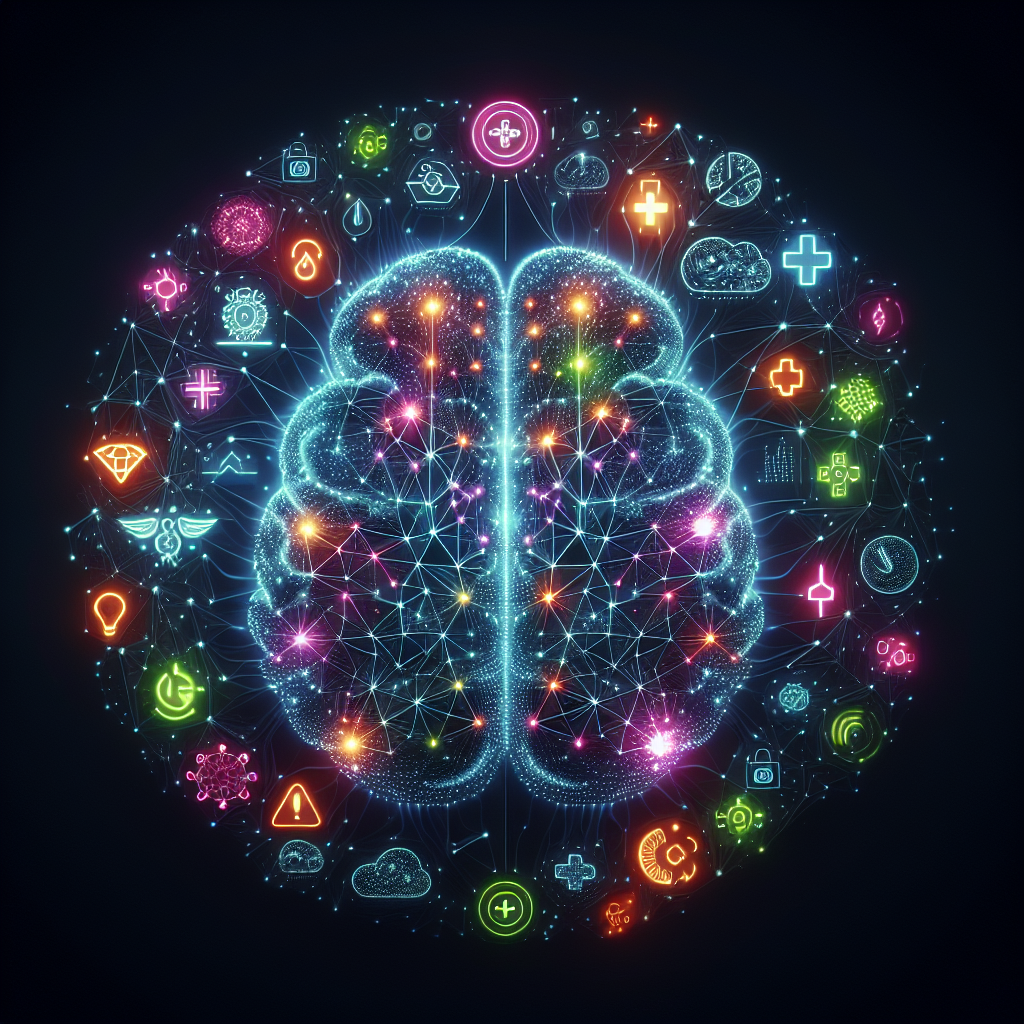Exploring the Potential Risks and Benefits of Artificial General Intelligence
Artificial General Intelligence (AGI) is a concept that has been the subject of much debate and speculation in recent years. AGI refers to a form of artificial intelligence that has the ability to perform any intellectual task that a human can. This differs from narrow artificial intelligence, which is designed to perform specific tasks within a limited domain.
The potential benefits of AGI are vast and far-reaching. AGI has the potential to revolutionize industries such as healthcare, finance, transportation, and many others. It could lead to breakthroughs in medical research, help us better understand complex systems such as the human brain, and even assist in the exploration of outer space.
However, with these benefits also come potential risks. The development of AGI raises a number of ethical, social, and economic concerns. Some experts warn that AGI could lead to widespread job displacement, as machines become more adept at performing tasks that were once the sole domain of humans. There are also concerns about the potential for AGI to be used for malicious purposes, such as hacking or surveillance.
In this article, we will explore the potential risks and benefits of AGI, as well as some frequently asked questions about this emerging technology.
Benefits of Artificial General Intelligence
1. Improved Efficiency: AGI has the potential to automate a wide range of tasks, leading to increased efficiency and productivity in various industries. This could lead to cost savings for businesses and improved outcomes for consumers.
2. Breakthroughs in Research: AGI could help researchers make significant advances in areas such as medicine, climate science, and space exploration. By analyzing vast amounts of data and identifying patterns that humans may overlook, AGI could help us better understand complex systems and make new discoveries.
3. Personalized Healthcare: AGI could revolutionize the healthcare industry by helping doctors diagnose illnesses more accurately and quickly, and by identifying personalized treatment plans for patients based on their genetic makeup and medical history.
4. Enhanced Communication: AGI could improve communication between individuals who speak different languages, as well as help people with disabilities communicate more effectively. This could lead to greater understanding and collaboration across cultures and communities.
5. Improved Safety and Security: AGI could be used to enhance safety and security in various contexts, such as monitoring for potential threats in public spaces or predicting natural disasters before they occur. This could help save lives and prevent harm to individuals and communities.
Risks of Artificial General Intelligence
1. Job Displacement: One of the most significant risks associated with AGI is the potential for widespread job displacement. As machines become more adept at performing tasks that were once done by humans, many workers may find themselves out of a job. This could lead to economic instability and social unrest.
2. Bias and Discrimination: AGI systems are only as good as the data they are trained on. If the data used to train an AGI system is biased or incomplete, the system may perpetuate existing inequalities and discriminatory practices. This could have serious consequences for marginalized communities.
3. Malicious Use: AGI could be used for malicious purposes, such as hacking into sensitive systems, conducting surveillance on individuals, or creating sophisticated propaganda campaigns. This could pose a serious threat to national security and individual privacy.
4. Unintended Consequences: AGI systems are complex and difficult to predict. There is a risk that these systems could have unintended consequences that are difficult to foresee. For example, an AGI system designed to optimize a manufacturing process could inadvertently cause environmental damage or harm to workers.
5. Control and Oversight: There is a risk that AGI systems could become too powerful and difficult to control. If these systems are not properly regulated and monitored, they could pose a threat to humanity as a whole. It is essential that we develop robust governance mechanisms to ensure that AGI is used responsibly and ethically.
Frequently Asked Questions about Artificial General Intelligence
Q: What is the difference between AGI and narrow artificial intelligence?
A: AGI refers to a form of artificial intelligence that has the ability to perform any intellectual task that a human can. Narrow artificial intelligence, on the other hand, is designed to perform specific tasks within a limited domain.
Q: How close are we to achieving AGI?
A: While significant progress has been made in the field of artificial intelligence, we are still far from achieving AGI. Many experts believe that it could take several decades or even centuries before AGI becomes a reality.
Q: What are some examples of AGI applications?
A: Some potential applications of AGI include personalized healthcare, autonomous vehicles, and advanced robotics. AGI could also be used to improve communication between individuals who speak different languages and enhance safety and security in various contexts.
Q: What are some ethical considerations related to AGI?
A: Ethical considerations related to AGI include concerns about job displacement, bias and discrimination, malicious use, unintended consequences, and control and oversight. It is essential that we address these ethical concerns as we continue to develop AGI technology.
Q: How can we ensure that AGI is used responsibly and ethically?
A: It is essential that we develop robust governance mechanisms to ensure that AGI is used responsibly and ethically. This could include setting clear guidelines for the development and deployment of AGI systems, as well as establishing oversight bodies to monitor their use.
Conclusion
Artificial General Intelligence has the potential to revolutionize industries and improve our lives in countless ways. However, the development of AGI also raises a number of ethical, social, and economic concerns that must be addressed. By exploring the potential risks and benefits of AGI, as well as addressing some frequently asked questions about this emerging technology, we can better understand the implications of AGI and work towards developing responsible and ethical guidelines for its use.

